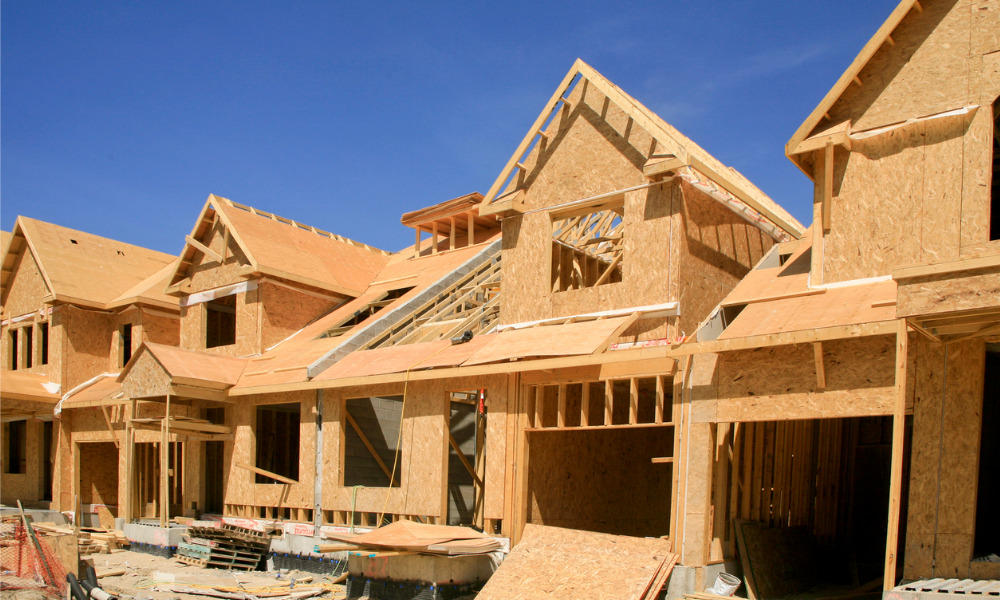The move aims to boost home construction to help mitigate Canada's housing crisis

The federal government will be giving leases of public land to developers at a low price in order to boost the construction of homes as an attempt to mitigate the current housing crisis in Canada, as reported in an article by BNN Bloomberg.
The government said that firms who will be agreeing to construct affordable homes will be able to access publicly owned surplus, underused, and vacant lands. Prime Minister Justin Trudeau’s housing strategy will also be including low-interest loans for homeowners who may want to add basement suites or laneway houses to their properties.
Trudeau believed that the strategy would allow the construction of 3.9 million homes by 2031, which Housing Minister Sean Fraser said would exceed the 3.5 million housing supply that the Smart Prosperity Institute estimated the country would need only if provinces and local governments joined the initiative.
Fraser pointed out that Canada had only experienced a housing shortage similar to the current times twice in the country’s history, which was during the second world war and when the baby boomers needed housing for their growing families. He said that as the country faced decades of underinvestment and a growing population, the current housing crisis may be the most challenging one yet.
The housing minister further stated that the government was opting to lease the land instead of selling in order to retain more control over what get constructed as well as keep it public. Homebuilders and housing providers will be contacted in order to construct on every possible public land.
Other new measures in the housing plan included the temporary increase in the capital cost allowance tax rate to 10%, the creation of a new program to help homeowners access low-interest loans for the addition of a secondary suite in their houses and the addition of $50 million to a foreign credential recognition program.
It also had the consultation for a plan to restrict large corporate investors to purchase and acquire existing single-family homes, the consultation with the mortgage industry in making a tool that will verify borrower income for mortgages, and the investment to the “Reaching Home” program worth $1 billion over four years.
Previously, the housing strategy allowed first-time homebuyers to have 30-year amortization periods for mortgages on newly constructed houses as well as a fund for provinces which will help them pay for infrastructure if they allowed denser housing.



